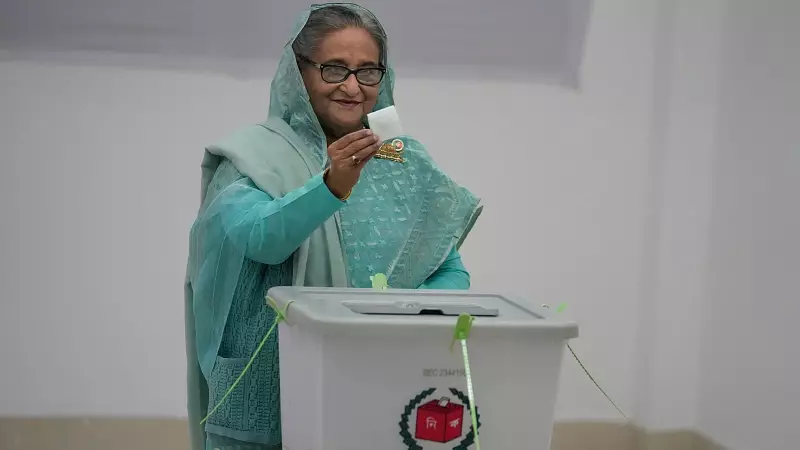
The political landscapes of India and Bangladesh share more than just geographical borders—they share a complex history of emergency powers, dynastic politics, and democratic challenges that continue to shape governance today.
The Shadow of 1975: A Turning Point for Two Nations
June 25, 1975, marked a dark chapter in Indian democracy when then-Prime Minister Indira Gandhi declared a state of emergency. This move suspended civil liberties, censored the press, and imprisoned political opponents in what many historians describe as India's most significant democratic breakdown.
Meanwhile, across the border in Bangladesh, August 15, 1975, witnessed a brutal political assassination that would set the stage for decades of dynastic rule. The murder of Sheikh Mujibur Rahman and most of his family created a political vacuum that his daughter, Sheikh Hasina, would eventually fill.
Parallel Political Trajectories
The political journeys of Indira Gandhi and Sheikh Hasina reveal striking similarities:
- Family legacies: Both leaders emerged from powerful political families
- Emergency powers: Both faced criticism for authoritarian tendencies
- Democratic challenges: Both navigated complex relationships with democratic institutions
- Political resilience: Both demonstrated remarkable staying power in their respective political arenas
The Dynastic Dilemma in South Asian Politics
What makes political dynasties so persistent in South Asia? The region has seen numerous examples of family-based political leadership, from the Gandhis in India to the Bhuttos in Pakistan and the Rahman family in Bangladesh.
This phenomenon raises critical questions about democratic maturity, institutional strength, and voter psychology in the region. While political families often argue that their legacy provides stability and continuity, critics point to the erosion of democratic norms and the concentration of power.
Contemporary Implications
Today, as Sheikh Hasina continues her leadership in Bangladesh, and the Gandhi family remains influential in Indian politics, the debate about political dynasties remains as relevant as ever. The tension between democratic principles and political inheritance continues to shape governance models across South Asia.
The experiences of both nations demonstrate that while emergency measures and authoritarian tendencies may provide short-term political advantages, they often come at significant cost to democratic institutions and civil liberties.
Looking Forward: Democracy's Resilience
Despite these challenges, both India and Bangladesh have shown remarkable democratic resilience. Civil society, judicial independence, and media freedom have often served as crucial checks on executive power.
The ongoing political evolution in both countries suggests that while political dynasties may persist, democratic institutions continue to adapt and strengthen, offering hope for more robust governance systems in the future.





